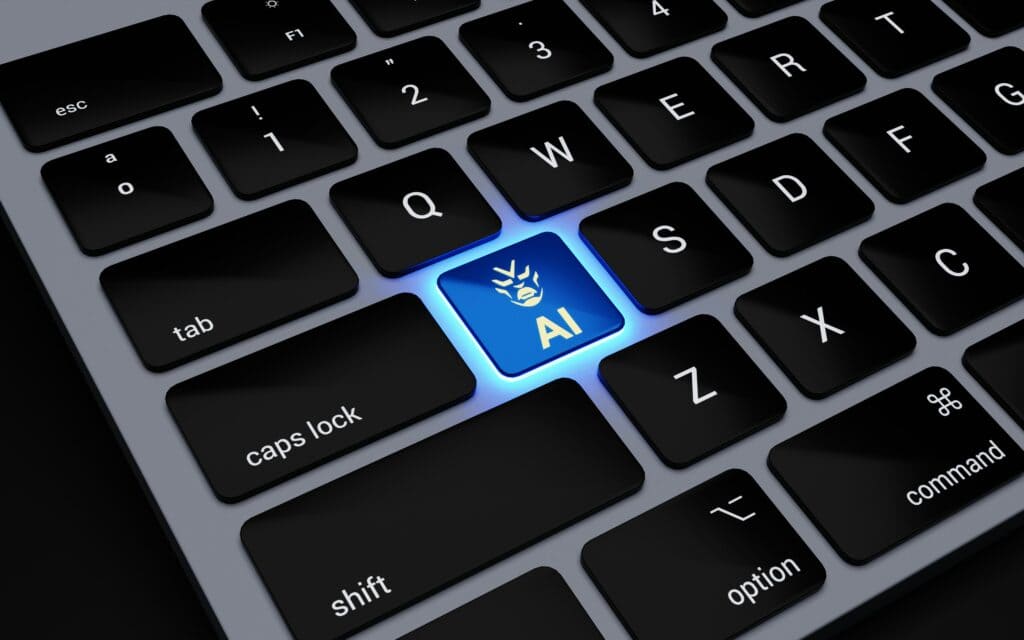With an estimated 1.7 million people waiting to access mental health services through the NHS and the cost of living crisis making it increasingly difficult for some to afford private care, it’s not surprising that more and more people are turning to AI chatbots when they are struggling with their mental health.
In the past month alone, searches for ‘AI therapists’ have increased by 196%, with searches rising by 1505% in the past year. While AI tools can provide helpful coping strategies and a sense of being ‘heard’ in the moment, experts are urging caution. After all, AI cannot replicate the expertise, empathy, and deeper understanding of a trained mental health professional.
Raj Bassi, CBT Therapist at Midland Health, said: “If you’re experiencing mild anxiety, stress or loneliness, an AI chatbot can help to provide an immediate sense of reassurance and ease feelings of isolation. In some cases, it can provide a space to explore your thoughts and feelings without judgment. Understandably, with the healthcare system under immense strain, this kind of immediacy can feel like a lifeline.
“In some cases, these tools can help you take the first step toward seeking professional care, especially if you’re already feeling nervous about reaching out.
“But relying too heavily on AI to help with your mental health carries significant risks. After all, AI tools may provide inaccurate, incomplete, or even unsafe advice. This is especially concerning if you’re dealing with a complex or severe mental health condition.
“Not to mention, chatbots cannot pick up on subtle cues, such as changes in tone of voice, body language, or the broader context of your life. These cues can be critical in understanding your mental health. Without that depth, there’s a real risk that underlying issues may be missed, or even worsen if you delay speaking to a qualified professional.
“When it comes down to it, AI chatbots may help you manage your everyday worries, but they should not be treated as a replacement for trained mental health practitioners. Chatbots cannot provide a diagnosis, ensure continuity of care, or intervene in a crisis.
“AI may help to ease the pressure on mental health services in some ways, but it should always be viewed as a support, not an alternative. The priority must remain on making professional mental health care accessible to everyone who needs it, ensuring fair, timely, and affordable access to services that provide real, human support.”
Signs You May Need To See A Therapist
You should consider seeking therapy if you are:
- Feeling persistently sad, anxious, or overwhelmed
- Struggling to cope with daily life or experiencing burnout
- Avoiding friends, family, or social situations
- Relying on unhealthy coping mechanisms, such as alcohol or drugs
- Finding that your symptoms are getting worse rather than better
Raj added: “Recognising these signs early can make a real difference, and talking to a qualified professional ensures you get the support you need when you need it the most.”
What To Do If You Need Urgent Help
If you are in crisis or feel unable to keep yourself safe, AI is not the answer. Human help is essential. There is a range of support services you can access straight away, including:
- NHS 111 can connect you with urgent mental health services
- Samaritans are available 24/7 on 116 123 to provide free, confidential support
- Text ‘SHOUT’ to 85258 to access the free 24/7 crisis text line
“For less urgent support, talking to your GP, reaching out to local mental health charities, or using NHS-recommended services is always best to get ahead of any issues before they worsen.”

